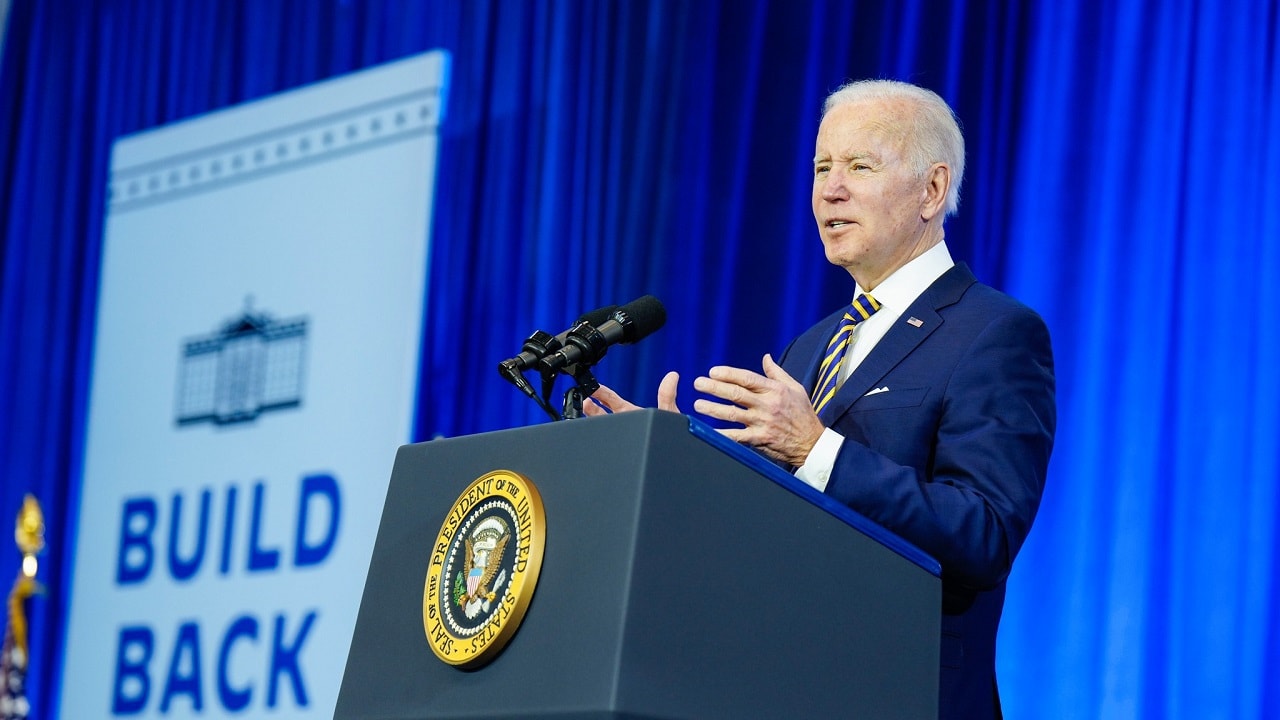Midterms Likely Play a Part in Sudden COVID Restriction Pullback: Seemingly out of nowhere, COVID-19 regulations across the United States are being relaxed and public health officials are optimistic that the country can move beyond these restrictions, not without COVID, but despite its continued spread.
Dr. Anthony Fauci, the head of the National Institute of Allergy and Infectious Diseases, had a sudden change of tune on Tuesday. During an interview with the Financial Times, Fauci said that the United States is almost past the “full-blown” pandemic phase of the spread of COVID-19 and that he hopes to see COVID restrictions wind down in the next few months.
Democratic Governor of Nevada Steve Sisolak also announced that he would relax COVID restrictions in his state and end the mask mandate entirely this week.
And, just three weeks ago, President Joe Biden expressed optimism about moving past the pandemic.
“We’re moving toward a time when COVID-19 won’t disrupt our daily life, when COVID-19 won’t be a crisis, but something to protect against and a threat,’’ Biden said at a White House news conference in January. “Look, we’re not there yet, but we will get there.’’
Why the Sudden Change in Tune?
Fauci’s optimism about the ending of COVID restrictions appears to stem from his belief that the spread of COVID will peak sometime this month. Fauci, who is also the Chief Medical Adviser to the president, told ABC’s “This Week” that he was confident virus cases would peak by mid-February.
Virus cases peaking, however, is not the same as the virus going away – and if Fauci endorsed restrictions before the COVID-19 pandemic peaked, or reached the “full-blown” pandemic phase as he calls it, then why would he be so quick to endorse the removal of COVID restrictions when cases have still not plateaued?
226,782 new daily COVID cases were reported on February 9. That’s roughly the same number of cases reported daily throughout January 2021, and roughly 10 times more than the daily cases reported throughout 2020.
The difference, of course, is that more people have now recovered from the virus and have natural immunity, while millions of others are vaccinated. It means that as cases drop, they are unlikely to start rising again – save the emergence of a new variant – until they eventually plateau and the virus reaches the endemic phase.
This still hasn’t happened, however. Daily cases are still remarkably incredibly high, today alone 169,000 new cases were reported according to the NY Times, and yet the Biden White House appears to have quickly adopted an entirely new outlook on the pandemic.
So, what gives?
It’s Probably the Midterms
Let’s face it, the sudden willingness to drop COVID restrictions probably has something to do with the 2022 midterms.
A Gallup poll from January showed that the public standing of the Democratic party was hurt more in 2021 than at any other time in the history of Gallup polling.
The poll shows that in the first quarter of 2021, 49% of Americans identified with or leaned toward the Democratic Party. Some 40% felt the same about the Republicans. By the final quarter of the year, however, 47% of respondents said that they supported or leaned toward the Republicans, while only 42% preferred the Democrats. It was a swing of 14 percentage points in only one year – unseen in Gallup’s three decades of polling.
NBC News reported in January how poll numbers are “pointing to a midterm shellacking for Democrats,” with President Joe Biden’s approval ratings struggling, Vice President Kamala Harris’ ratings doing no better, and Democrats in Congress failing to win over their own colleagues with their landmark proposed legislation. From Build Back Better to the so-called “voting rights” bill, Democrats have not only failed to get moderate Senators Joe Manchin and Kyrsten Sinema on board, but they have failed to convince voters that they are acting in their best interests.
Fail to maintain control of the House and Senate in 2022, or even gain seats to give the party a more stable majority, and the Democrats have absolutely no hope of passing anything meaningful during Joe Biden’s first term as president.
With this in mind, it’s perhaps not surprising that COVID restrictions are beginning to be relaxed right now, as the midterms are very much on Democrats’ minds. In nine months’ time, the American people will go to the ballot boxes and send a message to Capitol Hill – and Democrats may well hope that message won’t be quite so harsh if the people are given back some of their freedoms before then.
Jack Buckby is a British author, counter-extremism researcher, and journalist based in New York. Reporting on the U.K., Europe, and the U.S., he works to analyze and understand left-wing and right-wing radicalization, and report on Western governments’ approaches to the pressing issues of today. His books and research papers explore these themes and propose pragmatic solutions to our increasingly polarized society.

